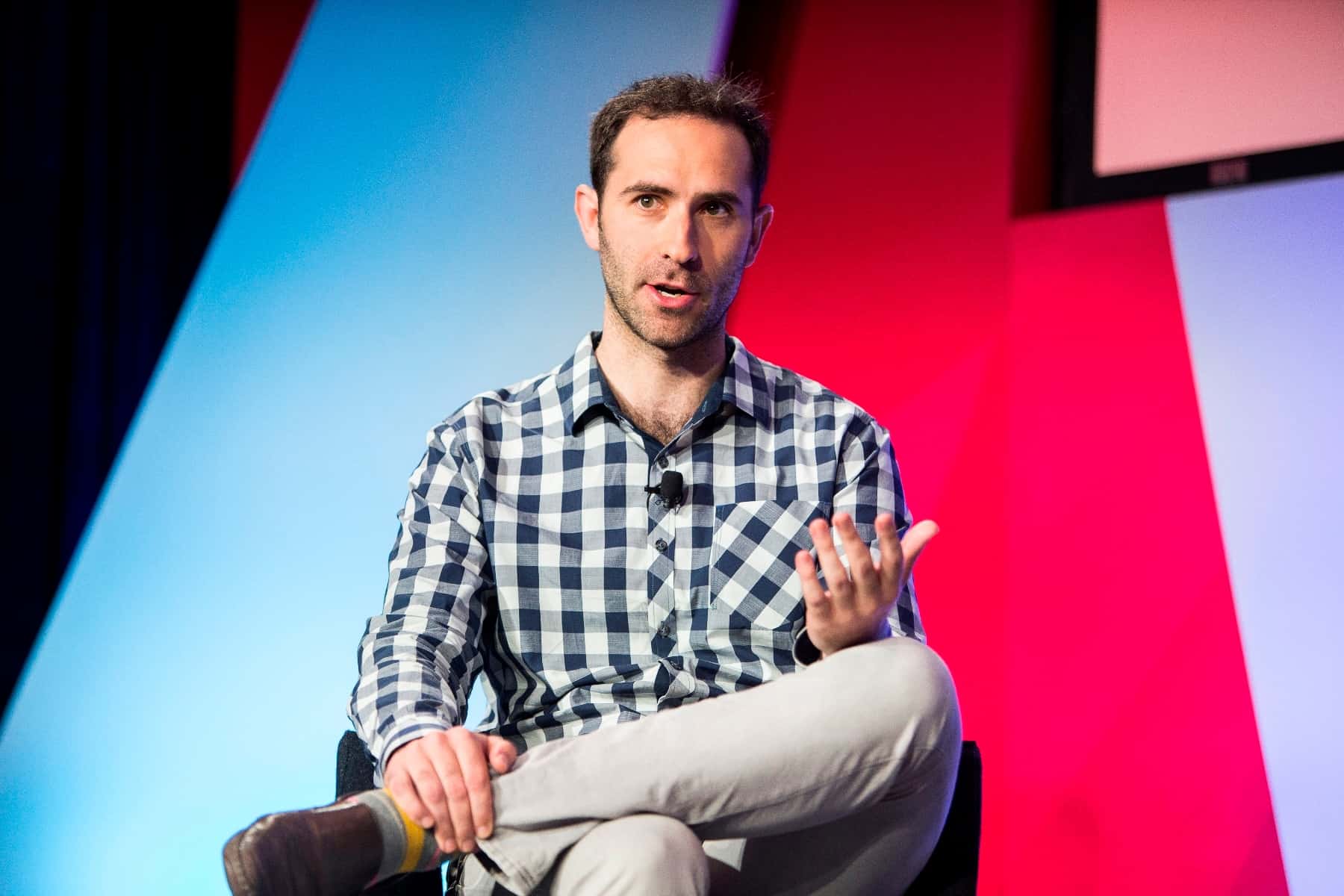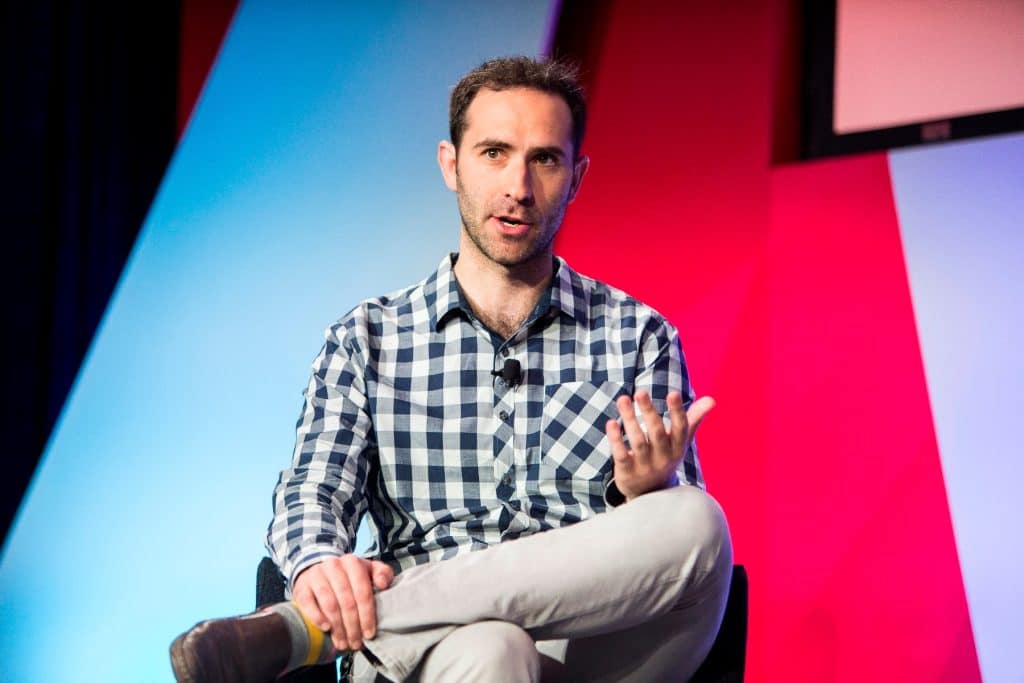
Introduction:
In a surprising turn of events, Sam Altman will not be returning as the CEO of OpenAI. This decision marks a significant shift in the leadership of one of the foremost artificial intelligence research organizations. Altman’s departure and the appointment of Emmett Shear as interim CEO have sparked discussions across the tech community about the future direction of OpenAI.
Leadership Change at OpenAI: The Details
Sam Altman’s Exit: A Tumultuous Turn
Sam Altman, former Y Combinator president and a prominent figure in the tech industry, has decided not to return as CEO of OpenAI. This decision follows a tumultuous weekend involving attempts by investors and some employees to have him rehired after his dismissal on Friday. Ilya Sutskever, a board director and co-founder of OpenAI, noted in an internal memo that Altman has chosen to walk away from the negotiations, at least for the time being.
Emmett Shear Appointed as Interim CEO
In the wake of Altman’s departure, OpenAI has named Emmett Shear, co-founder of the video streaming site Twitch, as the interim CEO. He replaces Mira Murati, who briefly held the position for two days. Shear’s appointment was influenced by his understanding of the existential threats posed by AI and his experience in leading large engineering teams at Twitch.
Mira Murati’s Advocacy for Altman
Despite her short tenure, Murati was reportedly in favor of rehiring Altman and was exploring ways to bring him back in some capacity. This advocacy occurred while the board was considering other candidates for the CEO position.
The Board’s Decision and Its Fallout
The board’s decision to remove Altman and demote Greg Brockman, OpenAI’s co-founder and president, caused significant unrest. Brockman subsequently resigned from his role as board chairman. This move was met with dissatisfaction from major stakeholders, including Satya Nadella, CEO of Microsoft, a major backer and partner of OpenAI. Pressure from OpenAI investors, including Tiger Global, Sequoia Capital, and Thrive Capital, was also notable, with some contemplating legal action against the board.
Resignations and Internal Discontent
The leadership change led to the resignation of three senior OpenAI researchers, including Jakub Pachocki, the director of research, and Aleksander Madry, head of preparedness. Further, there were threats of walkouts from other staff members if Altman and Brockman were not reinstated.
Philosophical Clashes Leading to Change
A primary reason behind the upheaval was a fundamental difference in philosophies. Ilya Sutskever expressed during a company meeting that removing Altman was essential to protect OpenAI’s mission of benefiting humanity. There was a growing concern that Altman’s commercial ambitions were diverging from the organization’s foundational goals.
Altman’s Demands for Return
Altman had set significant managerial changes and a restructuring of the board as conditions for his return. This included the introduction of new board members, reflecting a desire for major shareholders to have a say in OpenAI’s governance. The Wall Street Journal reported that among the potential new board members considered was Bret Taylor, co-CEO of Salesforce, and a Microsoft-aligned member.
Conclusion:
The leadership shakeup at OpenAI underscores the challenges and complexities of governing cutting-edge AI research organizations. The departure of Sam Altman and the appointment of Emmett Shear as interim CEO represent a pivotal moment in the organization’s history. These changes reflect not only internal dynamics but also the broader discourse on the ethical and practical implications of AI development. As OpenAI continues its search for a permanent CEO, the tech world eagerly awaits to see how these changes will influence the future trajectory of AI research and development.


